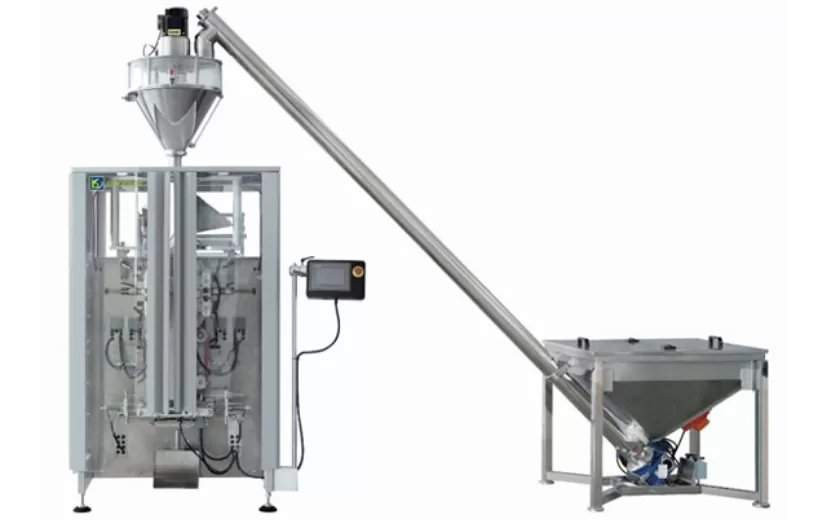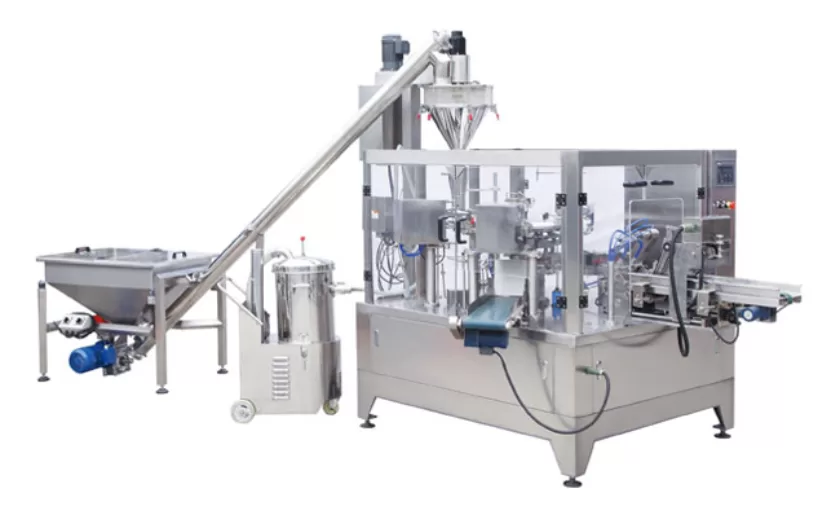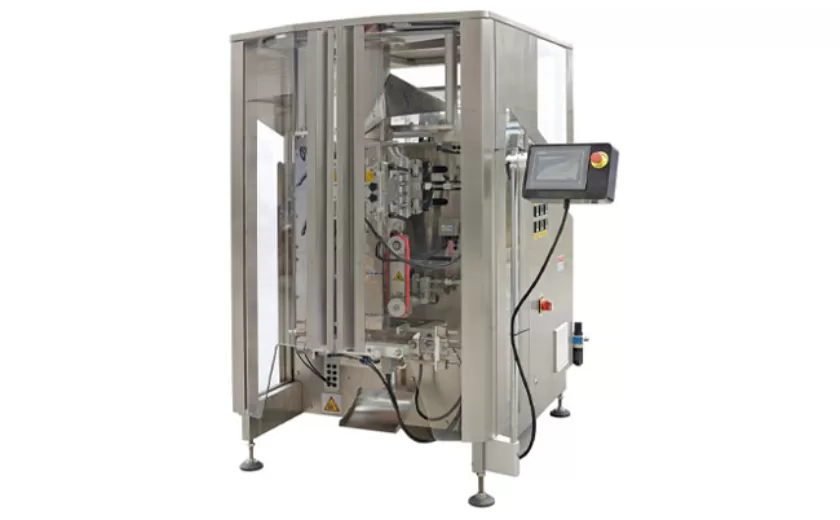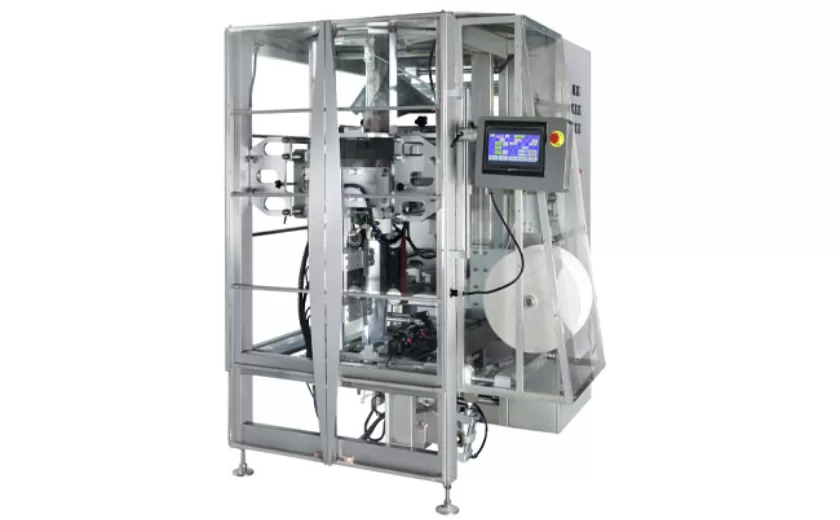The Importance of Hygiene in Liquid Milk Packing Machines
Introduction:
In the realm of food safety, hygiene reigns supreme. As the gatekeepers of our liquid nourishment, milk packing machines play a pivotal role in safeguarding the purity and integrity of this essential beverage. Maintaining impeccable cleanliness in these machines is paramount, as any contamination can compromise the quality and safety of the milk they dispense.
Health Hazards of Contaminants:
Contamination poses significant health risks for consumers. Bacteria, viruses, and fungi lurking within milk can cause a myriad of illnesses, from mild discomfort to debilitating conditions. Pathogens such as Salmonella and E. coli can lead to food poisoning, abdominal pain, diarrhea, and even more severe complications.
Economic Impact of Contamination:
Beyond the health consequences, contamination can also have dire economic repercussions. Product recalls, lost sales, and damage to brand reputation can cripple businesses. The financial burden of cleaning up contaminated milk, disposing of spoiled products, and compensating victims can be substantial.
Ensuring Hygiene through Design:
The design of liquid milk packing machines must prioritize hygiene. Stainless steel, renowned for its corrosion resistance and ease of cleaning, is the preferred material for all surfaces that come into contact with milk. The absence of crevices and sharp edges minimizes the risk of debris accumulation and bacterial growth.
Sanitation Protocols and Automation:
Regular sanitation protocols are essential to maintain hygiene. These protocols should include thorough清洗,消毒, and sterilization of all machine components. Automation can play a vital role in ensuring consistent and effective cleaning, reducing human error and the potential for cross-contamination.
Employee Training and Supervision:
Trained and vigilant employees are the backbone of hygiene management. Operators must be well-versed in sanitation procedures, adhere to them meticulously, and promptly report any deviations. Regular supervision and audits ensure compliance and prevent complacency.
Quality Control and Monitoring:
Continuous quality control measures are crucial to detect and prevent contamination. Regular testing of milk and machine swabs for pathogens helps identify potential problems early on, enabling timely corrective actions. Advanced monitoring systems can provide real-time data on critical parameters such as temperature and pressure, allowing operators to respond swiftly to any disturbances that may compromise hygiene.
:
Hygiene is the cornerstone of liquid milk packing machines. Maintaining impeccable cleanliness is essential to safeguard consumer health, mitigate economic risks, and uphold the integrity of the dairy industry. By adhering to stringent design principles, implementing robust sanitation protocols, training employees effectively, and employing advanced quality control measures, we can ensure that the milk we consume is pure, safe, and of the highest quality.
-
Precision Filling with Auger Type Powder Filling Machines
25-07-2025 -
Versatile Auger Packing Machines for Precision Powder Filling
25-07-2025 -
High-Precision Auger Filling Machines for Efficient Powder Packaging
25-07-2025 -
Versatile Vertical Form Seal Machines for Efficient Packaging
20-07-2025 -
Advanced Vertical Wrapping Machines for Streamlined Packaging
20-07-2025 -
Versatile and Efficient Small Vertical Form Fill Seal Machines for Modern Packaging Needs
20-07-2025 -
Reliable Solutions for Liquid Filling and Packing in Modern Production
11-07-2025 -
Precision and Efficiency with Liquid Packaging Machines
11-07-2025 -
Efficient Solutions with Granule Packaging Machines for Modern Industries
11-07-2025 -
Reliable Solutions with Auger Type Powder Filling Machines
05-07-2025













